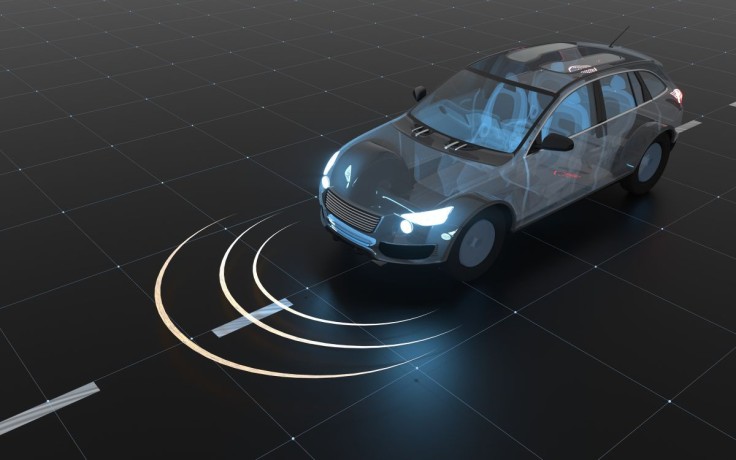
The automobile industry has undergone massive changes and innovations over the past decade. From electric vehicles to self-driving cars, automakers are rapidly adapting to new technologies and consumer demands. As we move further into the 21st century, several key trends are shaping the future of the auto industry.
Autosar
One important development is the AUTOSAR (AUTomotive Open System ARchitecture) standard. This open software architecture, developed by automakers and suppliers, aims to standardize electronic control unit (ECU) software. By having a common software framework, AUTOSAR makes it easier for automakers to update and exchange software between vehicles and suppliers. This improves efficiency and flexibility in design and manufacturing. Major automakers like BMW, Toyota, Volkswagen, and GM are implementing AUTOSAR across their vehicles.
Electrification
Electrification of vehicles is accelerating with hybrid and fully electric models becoming more popular. Market share for electric vehicles is rising steadily as prices fall and charging infrastructure expands. Many governments are also enacting regulations to phase out gasoline-powered cars over the next 10-15 years. Automakers are investing billions into EV development, with dozens of new models slated to arrive soon. However, range anxiety and charging times remain barriers to mass adoption.
Autonomous Driving
Self-driving car technology is progressing rapidly. Companies like Tesla, Waymo, Uber, and traditional automakers are racing to develop fully autonomous vehicles. While truly driverless cars are still years away from mass production, new models already feature advanced driver assistance systems (ADAS) with automation capabilities. However, regulatory hurdles and questions around ethics and liability still need to be addressed before self-driving cars can fulfill their potential of increased safety and mobility.
Connected Cars
Connectivity is also coming to cars, transforming them into "smart" devices. With built-in cellular and WiFi connections, vehicles can communicate with external networks, other cars, transportation infrastructure and more. This vehicle-to-everything (V2X) technology enables useful features like traffic alerts, finding charging stations, over-the-air software updates and eventually coordinating fleets of autonomous cars. It also allows automakers to gain data and insights on vehicle performance and customer usage.
Shared Mobility
The rise of on-demand ridesharing services like Uber and Lyft demonstrates a cultural shift away from individual car ownership. Shared mobility provides convenient and affordable transportation options. Automakers are adapting to this by partnering with tech companies to develop their own ride sharing and car sharing platforms. For cost-conscious consumers seeking flexibility, shared mobility is rapidly becoming the preferred choice over buying and maintaining a personal vehicle.
Sustainability
With growing awareness of climate change and emissions regulations tightening, automakers are making sustainability a priority. Efforts include boosting fuel efficiency, incorporating renewable materials, and streamlining manufacturing to reduce waste. Many are committing to carbon neutrality goals for their operations. Sustainable practices are becoming a competitive advantage and an expectation for the auto industry.
While innovating rapidly, automakers face numerous uncertainties in this transformative era. How they navigate this disruptive transition will determine their success in the coming years. Agility and foresight will be critical to thrive in the auto industry of the future.









